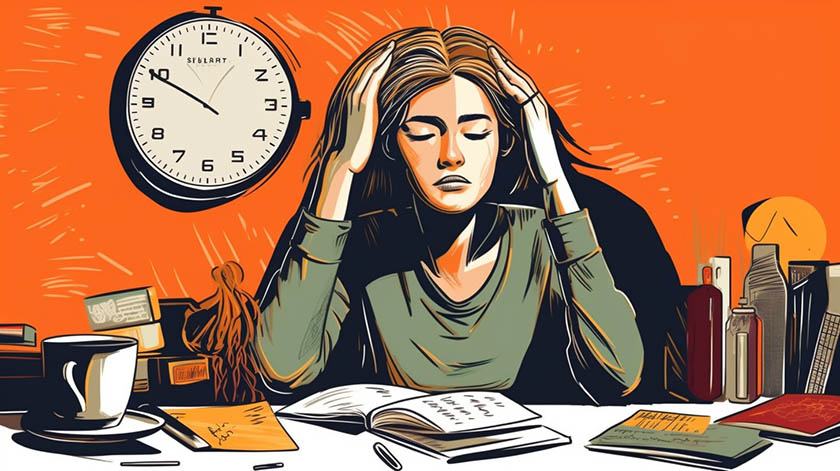Do you feel like you’ve gained weight too fast recently for no apparent reason? Or do you feel tired all the time, irritated by the smallest things, or simply in a constant bad mood?
If that sounds familiar, you’re not alone. Slight imbalances in our hormones happen from time to time, but sometimes it’s a persistent problem that needs our attention.
As much as we wouldn’t like to admit that our hormones rule us, it is just the way our body works. All these conditions could be symptoms of a certain imbalance in your hormones.
The good news is, there are ways to test your hormones and see precisely where the unbalance is.
After that you can treat the problem and get rid of unpleasant symptoms like bloating and irritability.
What are the Symptoms of a Hormonal Imbalance in Women
Hormonal imbalances can make your life a living hell if you don’t do anything about the problem.
Fortunately, if you have a few of this symptoms at the same time, it’s clear what the root cause is, and you can move on to the treatment.
Below are the most common symptoms of a hormonal imbalance in women that will tell you it’s time to go to the doctor.
Memory and Attention Issues
Changes in estrogen and progesterone levels have something to do with neurotransmitters too, so they affect your brain function, resulting in memory and concentration problems.
If you have ever felt the “brain fog” feeling, then you know what we’re talking about.
Problems with cognitive functions could also be a sign of issues with your thyroid gland, so if they are persistent, make sure you pay a visit to the doctor.
Irregular Sleep
Wondering why you’re spending the nights tossing and turning and feeling like a zombie the next day? Estrogen might have something to do with it.
Low estrogen and progesterone levels make it harder for you to fall asleep and may cause you to sweat excessively during the night, which additionally robs you of healthy sleep.
Constant Fatigue
If you are having sleep problems and insomnia it’s natural to feel tired all the time during the day, but constant fatigue could occur with hormonal imbalance even if you manage to get enough sleep.
Sleeping well but feeling tired throughout the day is another sign of an anomaly in your hormone levels and it’s actually one of the most common ones.
Thyroid underactivity or low progesterone levels could be responsible for your ongoing tiredness, so you shouldn’t hesitate and check yourself.
Mood Swings
Sometimes you might not even notice how your mood has dropped from being up high in just a few minutes. Mood swings and depression are almost always present as symptoms when there are hormonal fluctuations in the body.
The reason for that is that the production of hormones influences other chemicals in the brain like serotonin and dopamine, causing your moods to change rapidly.
Rapid Weight Gain or Weight Loss
Probably one of the most unpleasant symptoms for females is the unexplained rapid weight gain or weight loss. Sometimes, no matter what you do and how healthy you are eating, you will still be putting on excess weight if your hormone levels are strange.
The thyroid gland has an important role in metabolism and it controls the rates at which your body burns calories for fuel.
If you lose or gain a lot of weight without changing anything in your lifestyle, then you probably need to test your hormones.
Skin Problems: Acne or Dry Skin
Does your skin constantly break out, or is it dry all the time no matter how much effort you put in to hydrate it?
Low progesterone and estrogen levels, as well as abnormal thyroid function could be the reason for your suffering.
It’s normal for your skin to break out around your period, but if the acne is persistent, then you need to treat the root cause.
Bloating
Progesterone and estrogen also have a role in the function of your digestive system, as the guts are lined with receptors that are responsive to these hormones.
Problems with the intestines will cause you to bloat, make your belly hurt, and lead to other unpleasant symptoms.
Digestive problems, together with other symptoms like fatigue and mood swings, could surely mean that you need to restore the balance in your hormones.
Irregular Period
Irregular periods are definitely a sign of hormonal imbalance. For different women there are different time frames for their period, but a regular period should come every 21-35 days.
If you happen to skip months or your period doesn’t arrive nearly the same time each month, that means a problem with your hormones.
Fortunately, these problems are treatable, so don’t hesitate to visit your doctor to discover what caused the unbalance.





